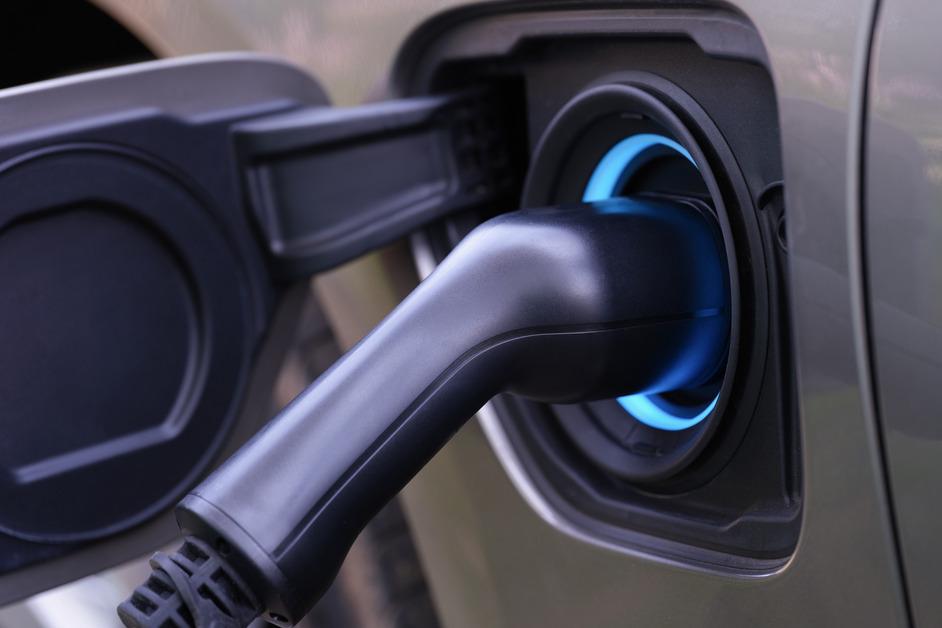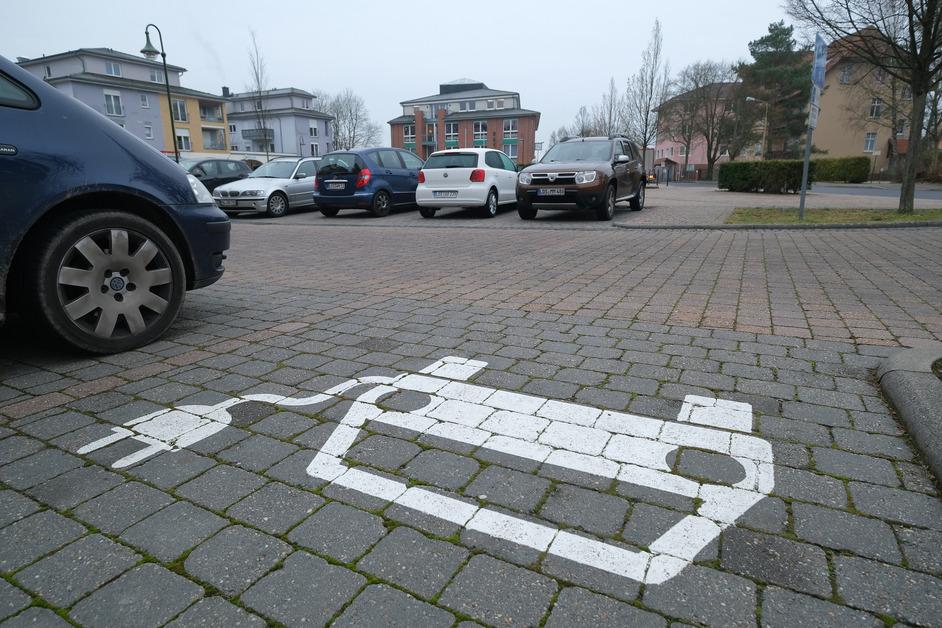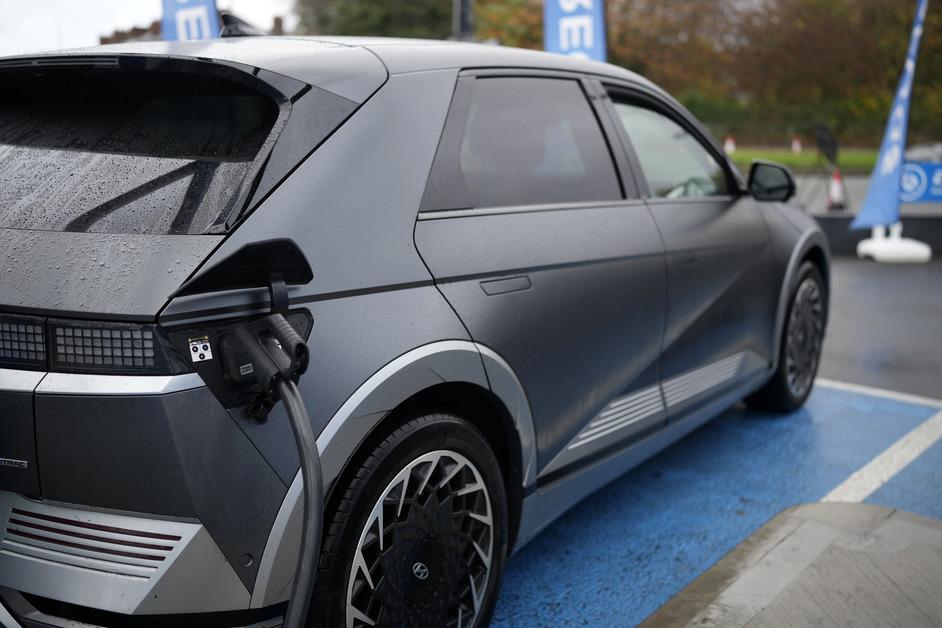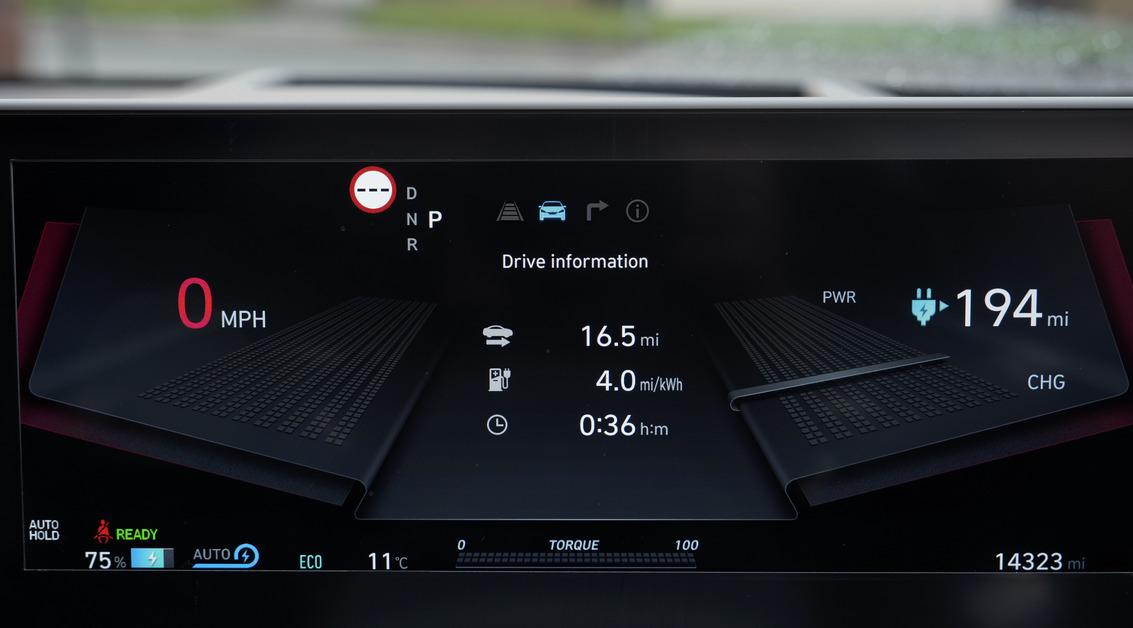The Real Cost of Charging an Electric Car — Is It Cheaper Than Gas?
Published Jan. 31 2023, 10:10 a.m. ET

New, sleek electric cars are taking over the streets every day. They glide through intersections, and sidestep gas stations with space-like muteness and designs sculpted for the future.
Undoubtedly, investing in an electric vehicle is a step closer to a less polluted planet, as well as the short-term wallet benefit of not having to worry about rising gas prices. However, do you have to pay to charge your electric car?
READ NEXT: How Corporate Greenwashing Is Holding Earth Day Back
The cost of charging depends on the electric car — and the charger.
The short answer is: yes, you will have to pay at some point to charge your electric car (EV). This could either look like installing a charger at your house, which will cost you something (more on this later), or stopping by charging stations that include a fee.

Many factors will affect the cost of charging an EV, but most average to be around $10-$30 per charge, per Investopedia.
According to the Federal Highway Administration, the average American drives just over 13,400 miles per year, which means an average of around 1,000 miles per month, and under 40 miles per day.
The “all-electric range” is the distance an EV can go on a single charge. EVs can usually run around 100 to over 400 miles after one charge, per the U.S. Department of Energy. The wide range is due to many factors, one being the different charger voltage levels available.

Most EVs you buy will come with a “Level One” or 110-volt unit, which adds 2 to 5 miles per hour of charging. A “Level Two” unit has 240 volts, and can add 10-30 miles per hour. And the highest level, appearing at public charging stations around the country is the “Level Three” direct current fast chargers which can add anywhere from about 100-200 miles in under 30 minutes, all per the U.S. Department of Energy.
However, no matter the car or station, charging will almost always be cheaper than gas. It costs an estimated $0.04 per mile for an EV, compared to $0.14 for a gas-powered car. Those with an EV can also take into account that rising gas prices will cease to be an issue. Currently, the average American spends at least $1,800 on gas per year, while Americans driving EVs spend approximately $668 on charging a year (if they only charge at home) per EnergySage.

To break it down into specifics, let's take a look at some of the most popular EV models and what they cost to charge.
The Audi e-tron has the highest price, with $13.99 to fully charge, versus the Nissan Leaf, which only costs $6.93 to fully charge. The Tesla Model 3 falls right in the middle at $10.75 for a full charge, followed by the Ford Mustang Mach-E at $11.99, all per EnergySage.
However, in some cases, you may not have to pay anything. Some offices and public spaces offer free charging stations, which could greatly decrease your expenses. You can find free EV stations online by searching on PlugShare, an online database of free stations around the world.

The cost of installing a charger at your house:
Most EVs come with a Level One charger, which costs around $1,000-$1,700 to install, per Carvana.
Another factor affecting cost is the differences in electricity prices across the country, meaning depending on how often you charge and where you live, your electricity bill could look different.
According to EnergySage, the average cost of energy in Iowa is $39.32 (cents per kWh) whereas in Idaho it is only $10.32 (cents per kWh).
When it comes down to it, the overall costs for an at-home charger will ultimately depend on the size of the circuit breaker box, and your electricity service, per Forbes.